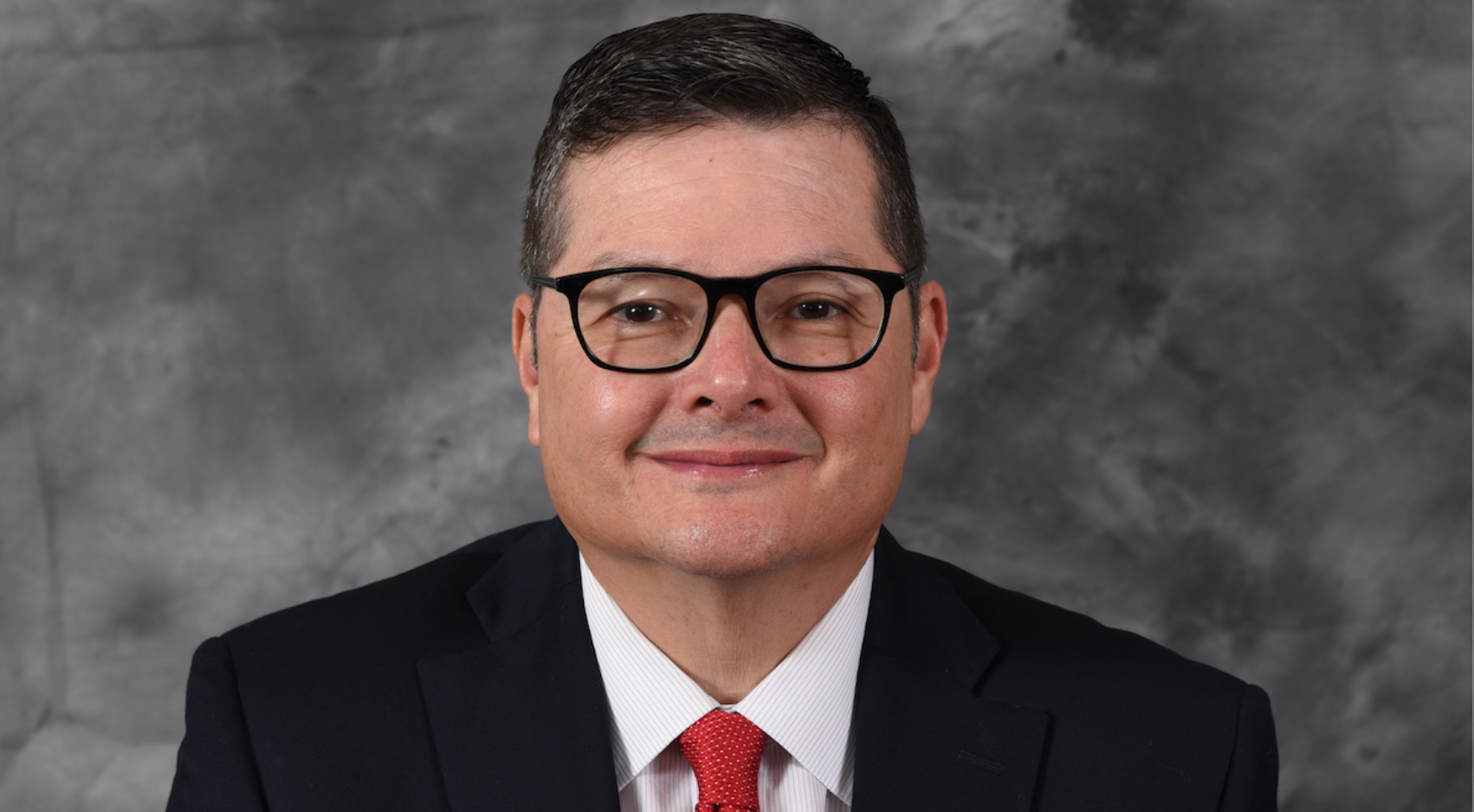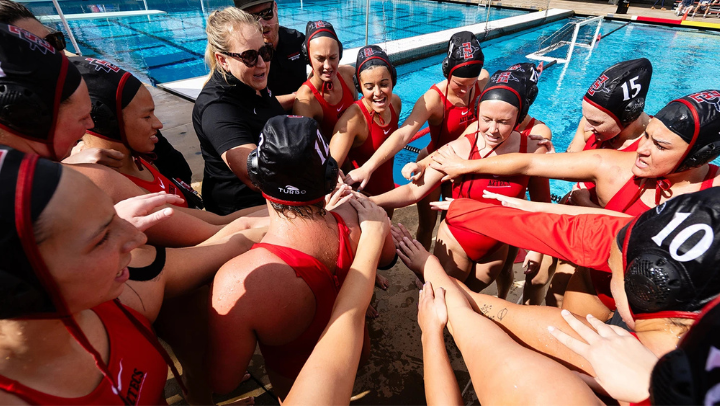Making an impact in Imperial Valley's criminal justice system: Q&A with George Marquez
The former SDSU Imperial Valley lecturer was elected district attorney for County in 2022.

Imperial Valley native George Marquez entered the criminal justice and law industry to make a change within his community.
Marquez joined SDSU Imperial Valley as a part-time lecturer in fall 2018 to teach and mentor future professionals in the field. Following his election in November 2022, Marquez now serves as district attorney for Imperial County. SDSU News Team’s Daniella Rodiles connected with Marquez to discuss his time at SDSU Imperial Valley and his advice for those interested in pursuing a career in criminal justice.
What motivated you to join SDSU Imperial Valley as a lecturer?
I am the youngest of nine siblings. I was raised in Imperial County and attended local public schools in El Centro. After completing my degree at California State University, San Marcos, I worked in the private sector as a general manager of a retailer in San Diego. After law school, I worked for a federal contractor and then went into private practice before moving back to Imperial Valley. I was employed as a deputy attorney for almost nine years and then I switched over to the Imperial Valley Public Defender’s Office for close to 3½ years. On Dec. 3, 2021, I announced my candidacy for District Attorney of Imperial County.
I started as a part-time criminal justice lecturer at SDSU Imperial Valley in fall 2018. I was drawn to lecturing because I enjoyed teaching and mentoring students. In my career, I have noticed changes in the criminal justice system. Being a lecturer provided me the opportunity to teach students about the traditional principles of criminal justice with an eye toward modern trends.
In what way did SDSU Imperial Valley shape your work and professional career?
SDSU shaped my work and professional career because it allowed me to broaden my horizons from merely being a criminal law attorney to someone who teaches the future generations of Imperial Valley criminal justice professionals. SDSU Imperial Valley is a crucial component to higher education in our local community. Being a part-time lecturer has allowed me to contribute to my community, by being part of the higher education system.
How can students and the local community get involved in justice-focused initiatives and programs?
There are various ways students and community members can get more involved in justice-focused programs and initiatives. There is currently a move toward evidence-based practices in the criminal justice system. Specifically, more people are becoming open to the idea of rehabilitation for certain offenders and juveniles. There is also the possibility of alternative sanctions in the near future.
In the upcoming years, there will be more of a shift to focus on mental health awareness issues. There is a need to have criminal justice professionals who understand why certain people are more prone to commit crimes and to try to attack the problem at its root. Students who desire to get involved in the process should keep this in mind when looking to participate. Participation in this process is as easy as contacting local leaders and asking about being on a committee. I believe networking with local criminal justice and mental health professionals can open the door for those that really want to get involved. As the district attorney for Imperial County, I am always asking members of the community what changes they would like to see in the criminal justice system.
What advice would you give a student or prospective professor looking to learn or teach law and criminal justice?
I always tell people who want to learn or teach criminal justice that they must be passionate about learning in order to have a strong foundation. This includes having a strong understanding of established criminal justice theories and principles. A student or potential professor should be involved in the criminal justice system to obtain practical experience in some form or another. Experience with a law enforcement agency makes one aware of current and future issues and trends in criminal justice. It’s easier to engage students when you can speak about personal experiences. For example, during lectures, I would discuss personal examples from my library of experience as a criminal attorney who has worked both as a prosecutor and defense. In addition, it is extremely important to always think of any criminal justice teaching in terms of ethics and professionalism. I try to instill the importance of ethics in our profession in every class.



